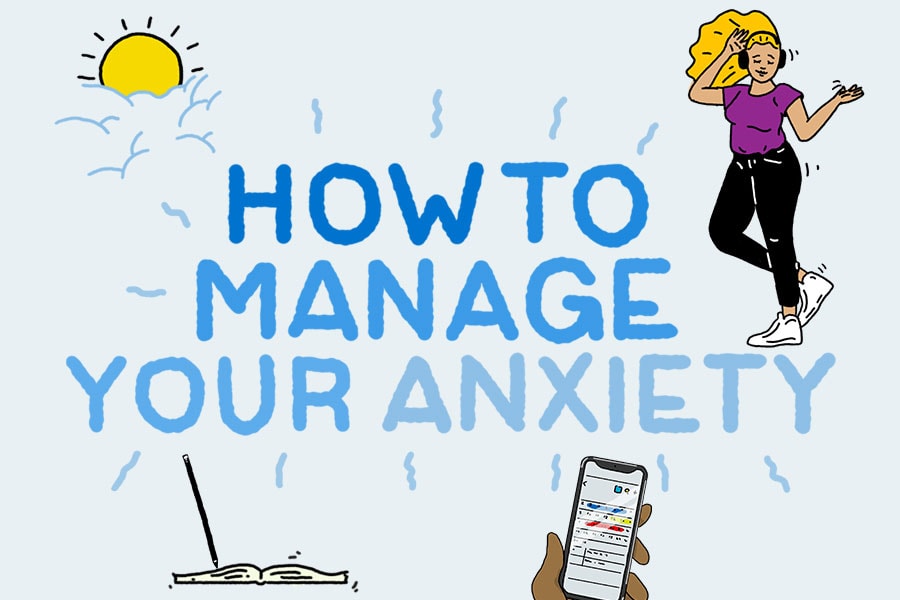
5 Tips for Managing Children's anxiety during Covid-19
Several families are facing major changes in their day-to-day life due to COVID-19. With all the new things that come up with this new virus, it’s quite normal to feel anxious about the future. This stress does not just affect the adults, but even teens and adults are at equal risk for anxiety as their daily routines are affected. If anxiety is not managed properly, it can affect both your body as well as the brain and cause feelings of helplessness and sadness. However, there are ways parents can help children cope with stress and anxiety about COVID-19. Given below are five tips that are going to help.
1. Create a Routine
Following a proper routine helps us expect what is going to come and makes us feel safe and secure. The structure has been drastically affected for many families, so it is really important to establish a new normal for your child.
Work closely with your child and plan out a proper routine. Maintaining a healthy routine will encourage your child to maintain a regular sleep schedule, healthy eating habits, and daily physical activity. Make sure to contact your child’s school for suggestions of daily studies and several other activities. Prepare a to-do list and paste the chart in a place where it is easily visible. This will allow your child to track the progress and will remind them to put in all their hard work.
2. Listen to them
Check in with your child and know how they are feeling and listen carefully. Hearing your child’s concerns and keeping communication open is an important way to support them during this tough time. You can help your child manage feelings of anxiety. Let them know that it’s normal to feel upset and that you are always there for them. Ask your child how you can encourage them when they don’t feel good.
3. Teach your child coping skills
The more stressed a child is, the more problematic it can be for him to use rational thinking to calm down. Therefore, during this time, it is equally important for you to use physical coping skills to decrease the levels of anxiety.
Thus, children can do things like taking deep breaths or moving to a safe place at home to relax. Talk to your child regularly, make them feel comfortable. Identify a place that makes them feel calm such as a bedroom or a playroom. Set up the place so that they have something tangible to touch. Include various activities in the space that they can get involved in. These actions can help reduce feelings of anxiety and allow you to talk more with your child about how they are feeling.
4. Stay connected
Social distancing indeed is an important way to help prevent the spread of coronavirus but it can present unique challenges when managing stress. In such a situation, we are always being told to stay alone & isolated but if taken seriously then this is a symptom of depression. Thus, it is important to find out ways to foster human connection. Even while maintaining safe social distance, there are many ways to stay connected with others. You can always connect with family & friends via video chats, calls, or emails.
5. Encourage Positive Thinking
It is very important to stay away from negative thinking. You cannot tell your child to stop being nervous, but you can always come to know what they are thinking. In this case, you can work with them to change it to reflect something positive. Take out time to share what you are thankful for during this time and what you appreciate about your child. If you focus on positive things and encourage positive talks, then your mood will eventually change.
Conclusion
It might be difficult to identify these signs during these tough times but it is important to keep monitoring your child and reach out for help if signs of anxiety continue.
